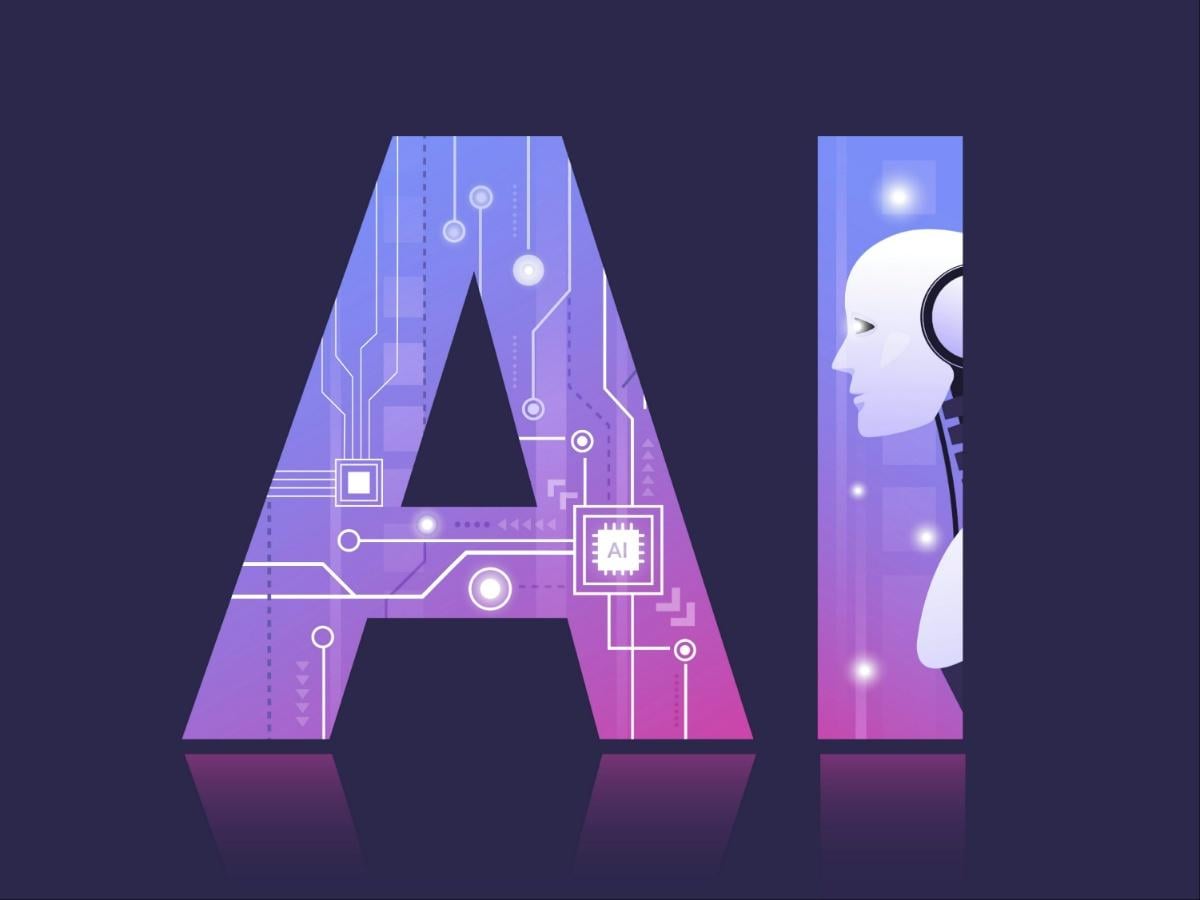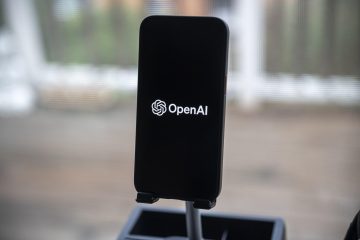A new generation of artificial intelligence (AI) is poised to turn old assumptions about technology on their head.
A report published on Thursday by the Burning Glass Institute, a nonprofit research center, and SHRM, formerly the Society for Human Resource Management, stops short of saying the technology will do away with large numbers of jobs. But it makes clear that workers need to better prepare for a future in which AI could play a significant role in many workplaces that until now have been largely untouched by technological disruption. For people in tech, it means they may be building their AI replacements. “There’s no question the workers who will be impacted most are those with college degrees, and those are the people who always thought they were safe,” said Matt Sigelman, president of the Burning Glass Institute.
For hundreds of corporations, the researchers estimated the share of payroll spending that goes to workers employed in the 200 occupations most likely to be affected by generative AI Many of those jobs are held by affluent college graduates, including business analysts, marketing managers, software developers, database administrators, project managers and lawyers.
Getting AI to do human work could result in big savings for those companies. The research estimates that banks and some tech companies spend 60 to 80 percent of their payrolls, or more, on workers in occupations most likely to be affected by the new technology.
The retail, restaurant and transportation industries are least likely to be affected by generative AI, the report found. Companies like Walmart, McDonald’s and Delta Air Lines mostly employ workers without college degrees who perform roles like helping customers, stocking shelves, cooking food and handling baggage. They spend less than 20 percent of their payrolls on employees in occupations most likely to be affected by generative AI.
The report doesn’t predict potential job losses related to generative AI. That will be up to employers, the report said, and whether they want to bank the savings from AI automation or use that money to invest and grow, adding more workers. Most experts expect that AI will mostly change jobs for the next few years rather than eliminate them — though that could change if the technology improves sharply.
The report is the latest entry in a growing field of work trying to predict the effect of generative AI on the economy and the workplace. Other studies have forecast a surge in economic growth and productivity, automating activities that add up to the equivalent of millions of jobs, and time savings of up to 50 percent for routine office and coding tasks.
First Published: Feb 02 2024 | 10:49 PM IST
Note:- (Not all news on the site expresses the point of view of the site, but we transmit this news automatically and translate it through programmatic technology on the site and not from a human editor. The content is auto-generated from a syndicated feed.))



